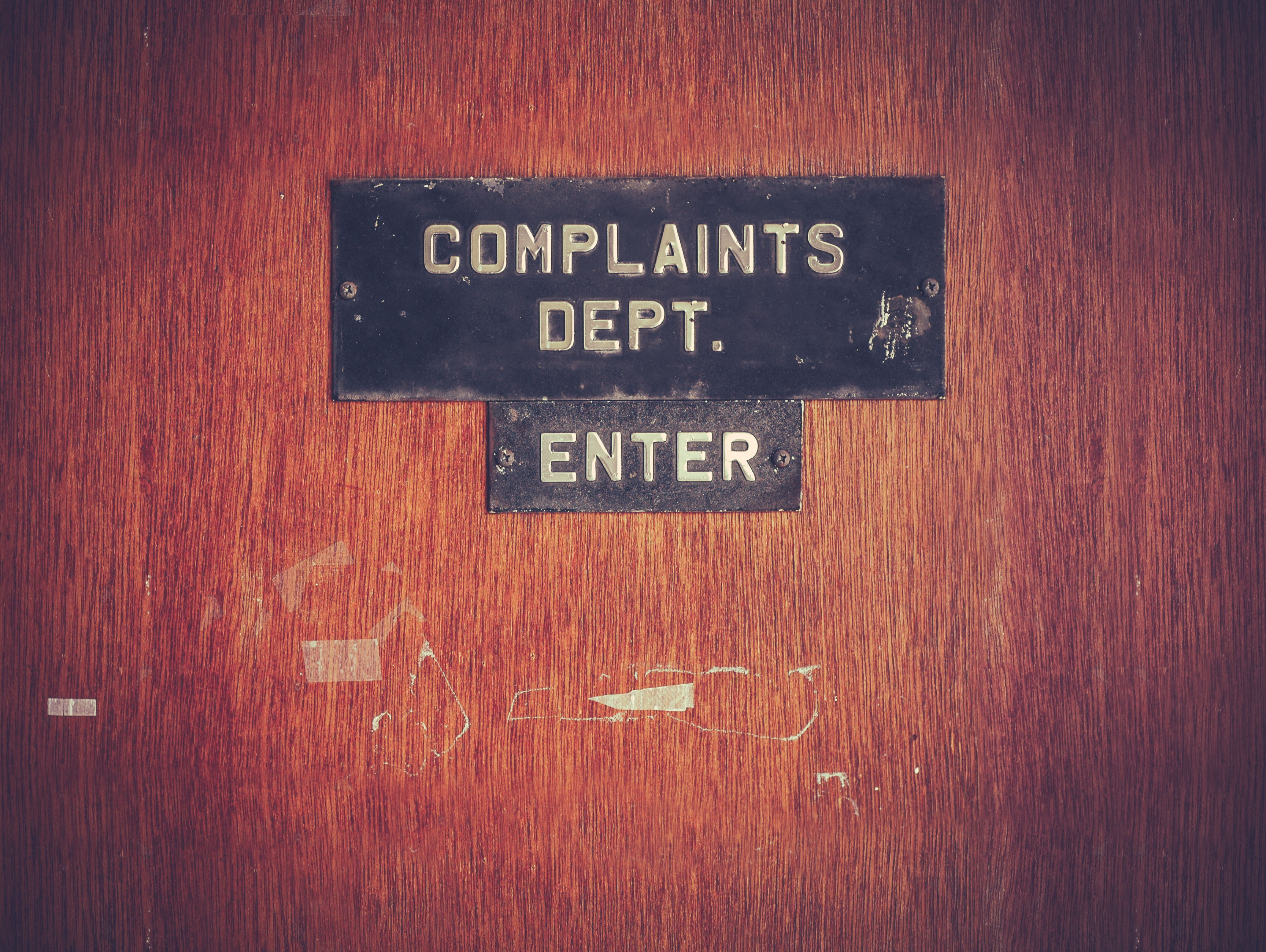5 traps you should avoid when a patient complains

Every health care organization receives complaints. A complaint is any negative feedback received from a patient or family member of a patient about your services.
Health care is a complicated service industry and no matter how great the services you deliver are or the quality of your team members, there will always be gaps in patient experiences and opportunities for you and your team to improve.
I recently surveyed administrative and clinical members at a health care organization and discovered their top reasons for complaints were patients or their family members:
- Being told they cannot receive test results over the phone for a family member without the patient’s consent
- Long wait times
- Not being able to receive a copy of a health record immediately
- Being asked to mask when they arrive with a cough or other symptom of a communicable disease
- Being asked to pay an extra fee for non-insured services
Sound familiar? What are the common triggers for complaints within your team?
I assist health care organizations with their patient relations and as part of that, their complaints management. In my experience, the 5 biggest mistakes that health care organizations make when they receive complaints are:
- Not warmly welcoming the feedback
- Not recognizing negative feedback as a “complaint”- and therefore not responding in the moment or at all
- Not responding quickly enough – taking months to investigate and respond
- Not addressing everything raised in the complaint
- Not identifying common ground with the complainant
Failing to properly respond to complaints can lead to reputational damage and leave patients and their families with the impression you don’t care. I have seen otherwise manageable issues of concern from patients and their families escalate into legal action because an organization failed at some point in the receipt, acknowledgement, or response to initial negative feedback.
One thing you can do is survey your team about the common complaints that arise in your setting and then train your team on how you would like them to proactively prevent those problems and respond to any feedback.
Want to learn more? Contact me for complaints management coaching and team training.